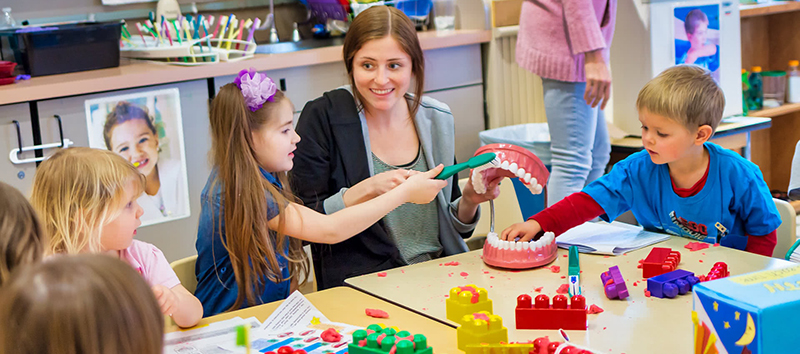- East Of Kailash, New Delhi-110065
- +91-11-26238444
- [email protected]
Child Development

India has around 150 million and more children, who are below the age of 6 years. A large number of them live in economic and social environment, which impede the child's physical and mental development. These conditions include poverty, poor environmental sanitation, disease, infection, inadequate access to primary health care; inappropriate child caring and feeding practices. Our Govt. has several policy on child development. Navjivan Foundation focus in this topic from its beginning . This organization work on different topic of child development like Child Laboure & Abuse, Child welfare, Child death, Child education and at present our institution help to give elementary education to the orphan or street children and our future motto to establish a orphan home with proper medical facility and recreation center.
Generally Child development refers to the biological and psychological changes that occur in human beings between birth and the end of adolescence, as the individual progresses from dependency to increasing autonomy. Because these developmental changes may be strongly influenced by genetic factors and events during prenatal life, genetics and prenatal development are usually included as part of the study of child development. Related terms include developmental psychology, referring to development throughout the lifespan, and pediatrics, the branch of medicine relating to the care of children. Developmental change may occur as a result of genetically-controlled processes known as maturation, or as a result of environmental factors and learning, but most commonly involves an interaction between the two. There are various definitions of periods in child development, since each period is a continuum with individual differences regarding start and ending.
Some age-related development periods and examples of defined intervals are: newborn (ages 0–1 month); infant (ages 1 month – 1 year); toddler (ages 1–3 years); preschooler (ages 4–6years); school-aged child (ages 6–13 years); adolescent (ages 13–20). The optimal development of children is considered vital to society and so it is important to understand the social, cognitive, emotional, and educational development of children. Increased research and interest in this field has resulted in new theories and strategies, with specific regard to practice that promotes development within the school system. In addition there are also some theories that seek to describe a sequence of states that comprise child development.











